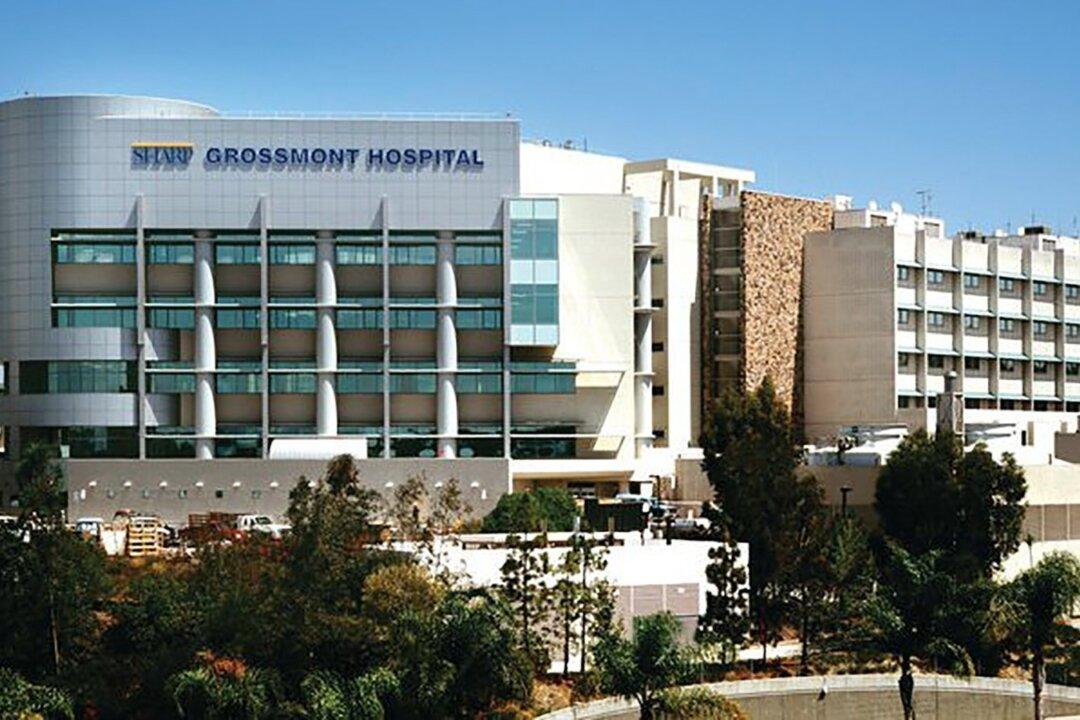LA MESA, Calif.—A Southern California hospital issued an apology to the women who claimed they were secretly filmed during gynecological surgeries.
More than 80 women sued Sharp Grossmont Hospital in La Mesa last week, alleging they were recorded by motion-activated cameras set up in three operating rooms as part of an effort to catch a possible drug thief, KNSD-TV reported.




